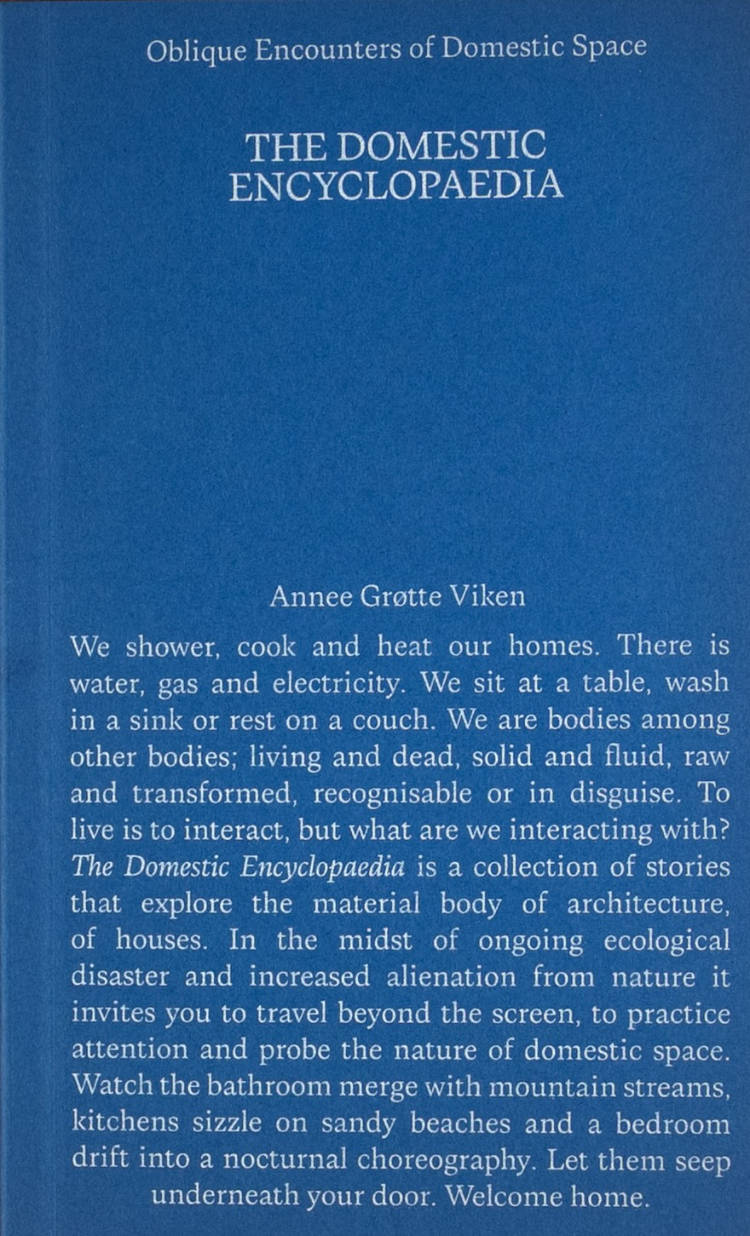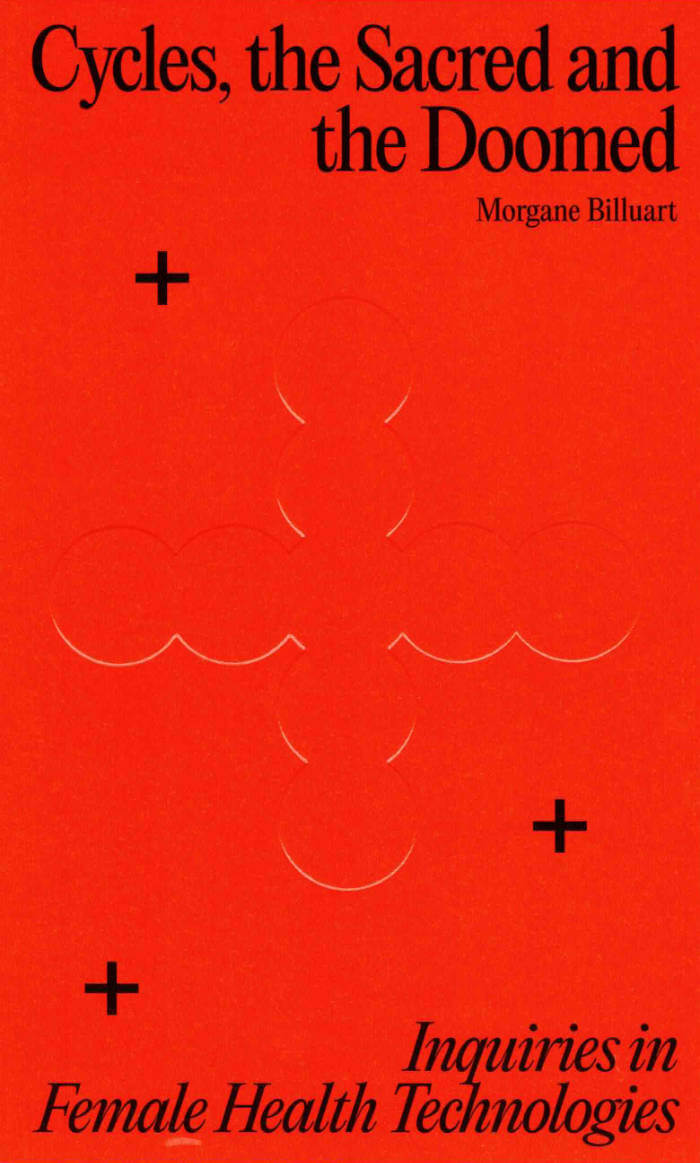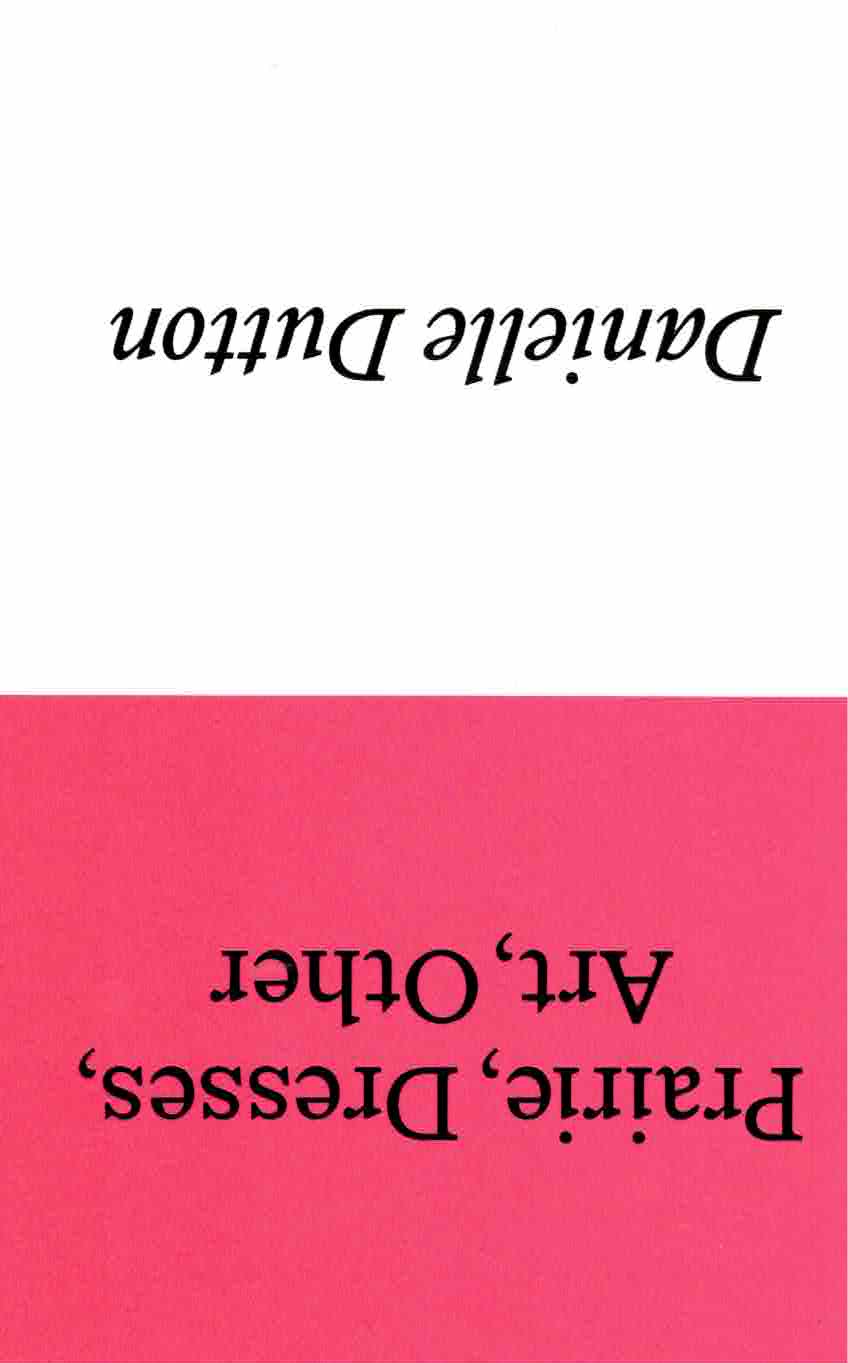
What Design Can’t Do: Essays on Design and Disillusion
Design is broken. Young and not-so-young designers are becoming increasingly aware of this. Many feel impotent: they were told they had the tools to make the world a better place, but instead the world takes its toll on them. Beyond a haze of hype and bold claims lies a barren land of self-doubt and impostor syndrome. Although these ‘feels’ might be the Millennial norm, design culture reinforces them. In conferences we learn that “with great power comes great responsibility” but, when it comes to real-life clients, all they ask is to “make the logo bigger.”
This book probes the disillusionment that permeates design. It tackles the deskilling effects provoked by digital semi-automation, the instances of ornamental politics fashioned to please the museum-educational complex, the nebulous promises of design schools. While reviving historical expressions of disenchantment, Silvio Lorusso examines present-day memes and social media rants. To depict this disheartening crisis, he crafts a new critical vocabulary for readers to build upon. What this exposé reveals is both worrying and refreshing: rather than producing a meaningful order, design might be just about inhabiting chaos.
What was once a promising field rooted in problem-solving has become a problem in itself. The skill set of designers appears shaky and insubstantial – their expertise is received with indifference, their know-how is trivialised by online services, their work is compromised by a series of unruly external factors. If you see yourself as a designer without qualities; if you feel cheated, disappointed or betrayed by design, this book is for you.
Language: English







